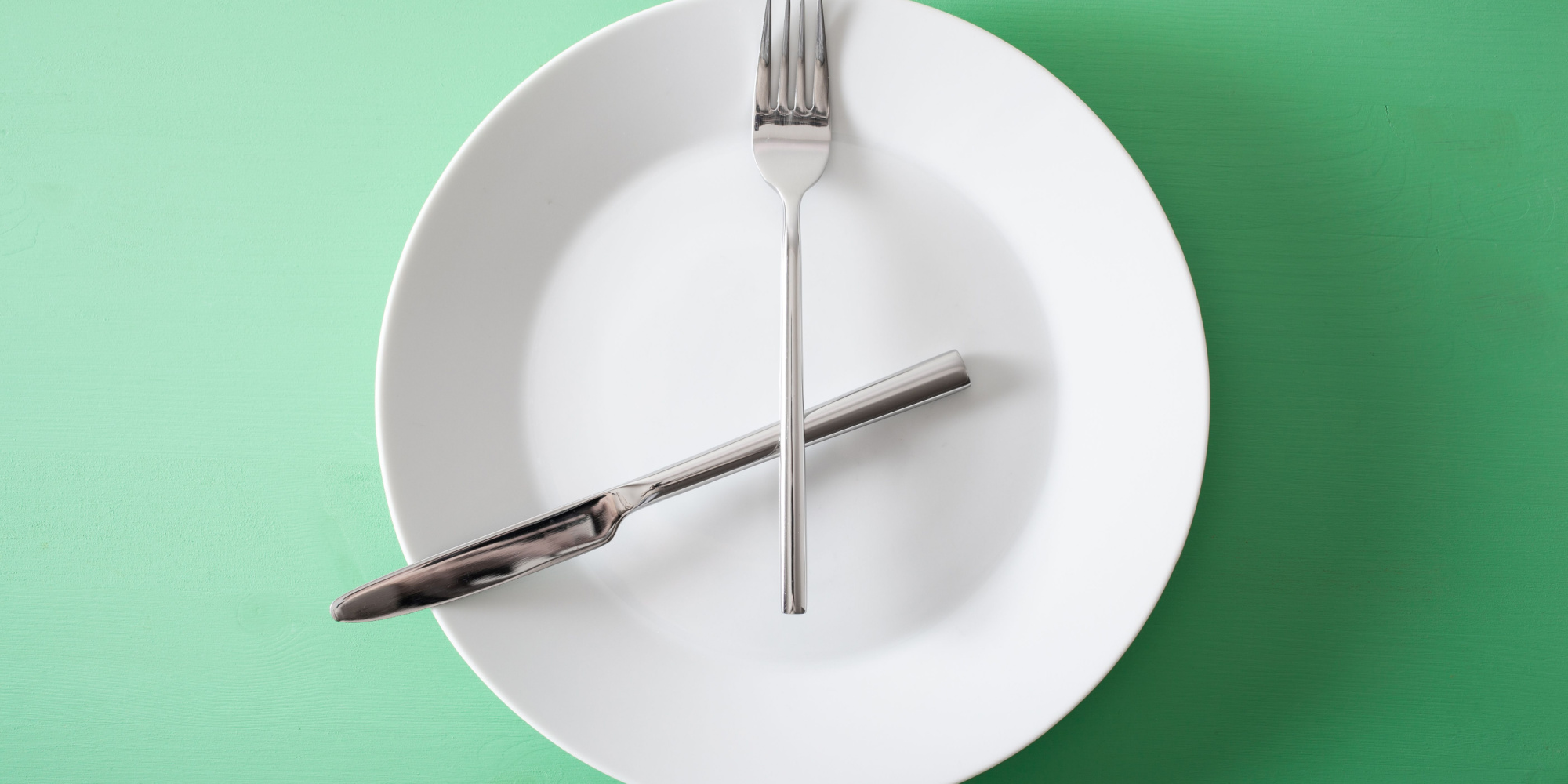Is Fasting a Good Tool For Weight Loss?
Aug 7, 2023 mindpumpFasting has become the trendy new way to change your life and transform your body. While there are certainly a lot of benefits of including fasting into your lifestyle, as usual, there is a lot of confusion and misleading information as to what benefits it is actually providing. There are also many different forms of fasting from intermittent fasting to 72 hour fasts. Today, I’d like to cover the benefits and considerations to make when it comes to fasting.
The main idea behind fasting is to limit or go without food for an extended period of time. This was mainly used in observance of certain religious practices, but has recently come into favor in the fitness realm. It was popularized with the idea of; if you aren’t eating, that gives your body more time to burn the fat off your body.
Calorie Restriction
If you are limiting the time frame in which you eat, or going full days without eating, then naturally you are consuming less calories. By default, this may cause a lot of weight loss for people. It can be an effective tool for those who don’t want to weigh their food or count calories. By limiting the time frame they can eat, they limit the chance of binge eating, or snacking longer throughout the day. By implementing these more broad guidelines, you are restricting the calories you are taking in versus putting out, therefore causing a deficit to lose weight.
Physiological Benefits
The other benefit of fasting is that it may improve some individuals’ insulin sensitivity. In other words, it’ll help regulate your blood sugar so that your energy is more consistent throughout the day. It can also initiate autophagy. Autophagy is when your body is able to remove damaged cells, which can increase your overall cellular performance. Think of it this way – if we always have the car running, it runs a higher risk of more parts breaking down and no time to repair it. But if we can shut the car off once in a while, and let the body get a chance to recycle waste and dead cells, it’ll help the engine run more efficiently when we approach our everyday lives.
Fasting can always influence your hormones. Mainly, resetting your hunger hormones ghrelin and leptin. Believe it or not, when we eat around the same time every day, our body gets used to it, and on a cellular level will start to release hunger hormones in anticipation of that. This can falsely lead us to believe we are starting to get hungry when in fact, our body is just responding to what it thinks is coming its way. By incorporating extended periods of non-eating, we can reset those hormones which in conjunction with insulin sensitivity, will reset to appropriate levels.
Convenience
As briefly mentioned before, what I find is the biggest appeal to fasting is the convenience. By providing a restriction on when you can eat, there is the potential to not need a scale, or worry about how much food to eat. There is no fancy prep, just a timeline to follow. While it may not be as precise as weighing your food, at the end of the day your body just needs to be consuming less food and fasting can do that.
The Drawbacks
Deficient, and Unsustainable
Because it is more of a general time guideline, there is no nutritional support as to how to eat, what to eat, or what to eat when you are coming off a fast. Believe it or not, if you plan to do a 72 hour fast, it actually matters what that first meal looks like. Your body just went 72 hours without food, the last thing it wants is heavy food. Without the proper guidance, you can end up worse off than you started, due to eating the wrong things, and populating your gut with bad bacteria.
Fasting also just isn’t sustainable. We live normal lives in the 21st century. We go out with friends who aren’t fasting. We have children and busy jobs. Not everyone can keep up their fasting routine day in and day out, as trips and other things come up.
Individual Variability
The effects of fasting can vary differently from person to person. Some people may find it was just what they needed to curb their bad habits, while others find it just gave them an eating disorder. I’ve seen it lead some people to way overeat when they finished, and they not only gained all the weight back, but they gained EXTRA weight on top of it because they were so restrictive.
It may also affect them on a physiological level. Certain lifestyle factors do need to be considered. If you are pregnant, or have specific hormonal issues, fasting may not be a great idea. It may even make it worse. Always make sure to consult with your doctor before attempting a big change like this.
Fasting can be an effective tool for weight loss when approached with caution and tailored to individual needs. The caloric restriction, improved insulin sensitivity, and potential autophagy benefits associated with fasting can contribute to weight loss and overall health. However, it is essential to strike a balance and not fall into extreme fasting practices that may lead to nutrient deficiencies or other health issues.







